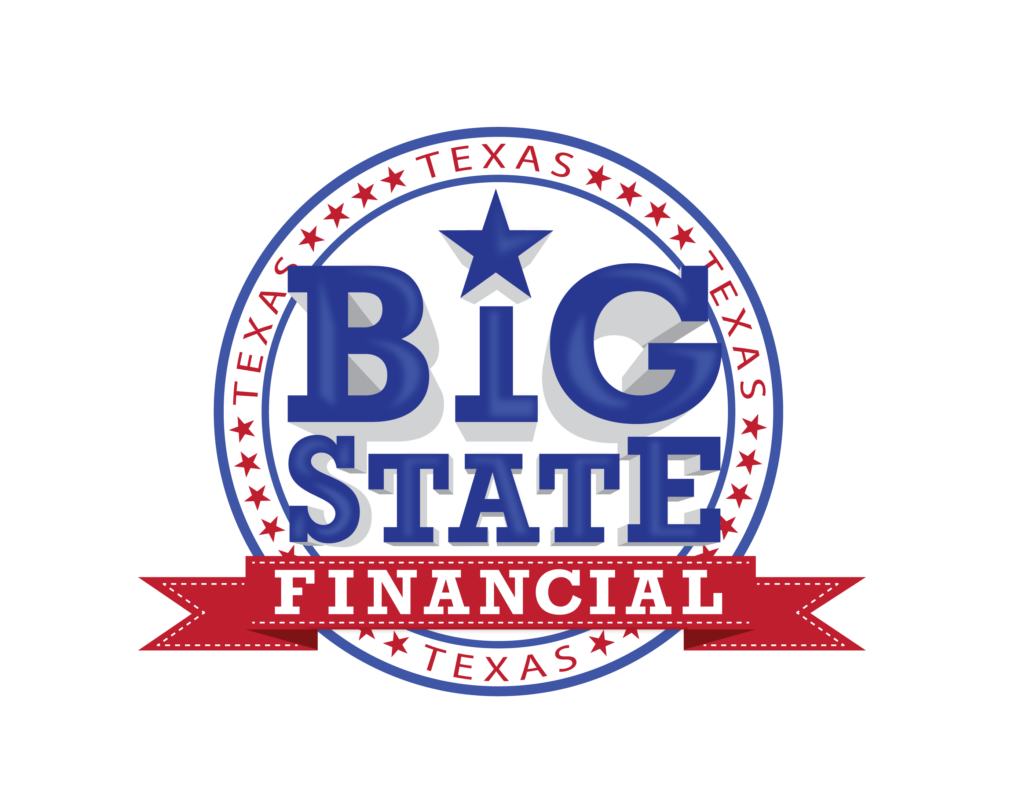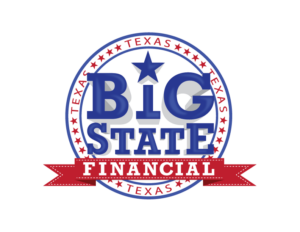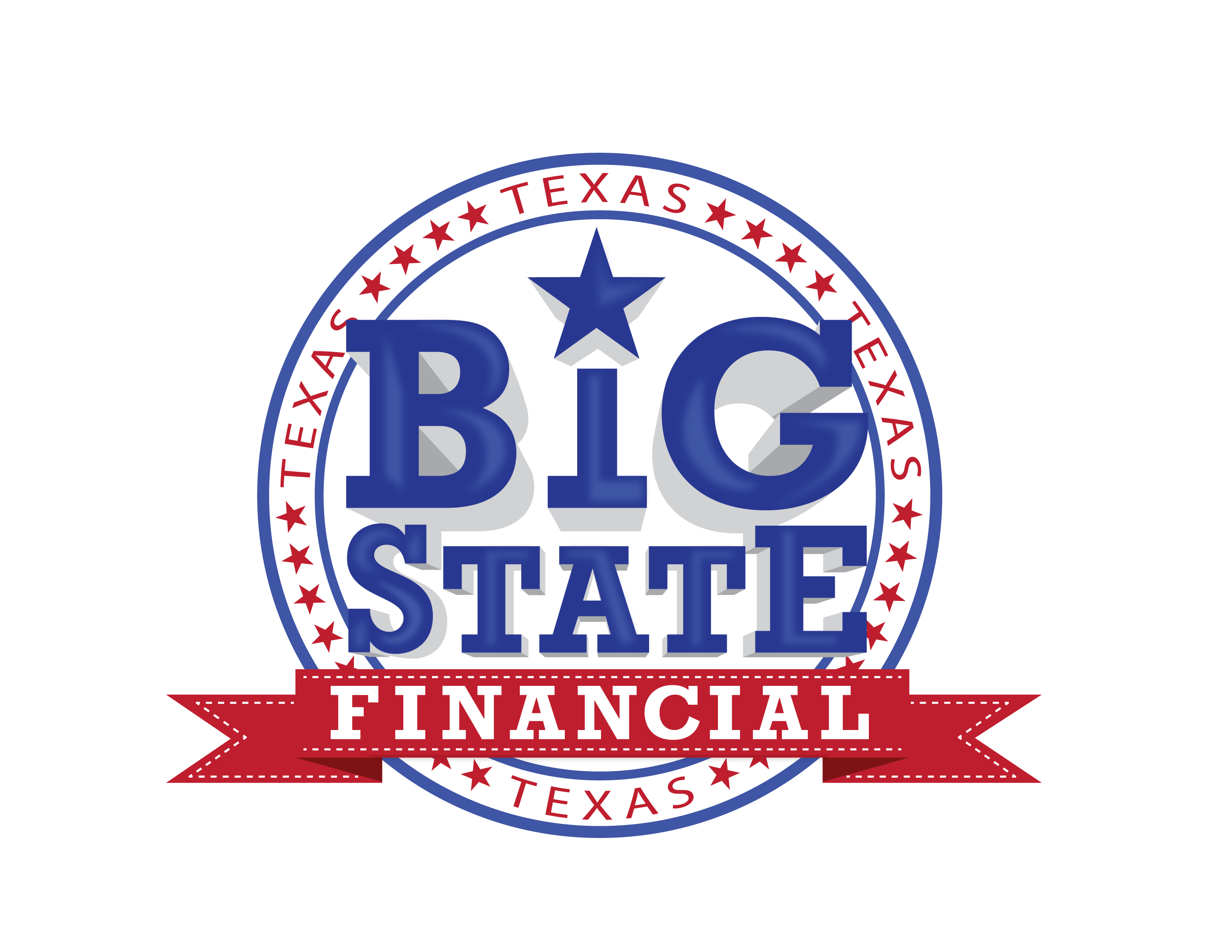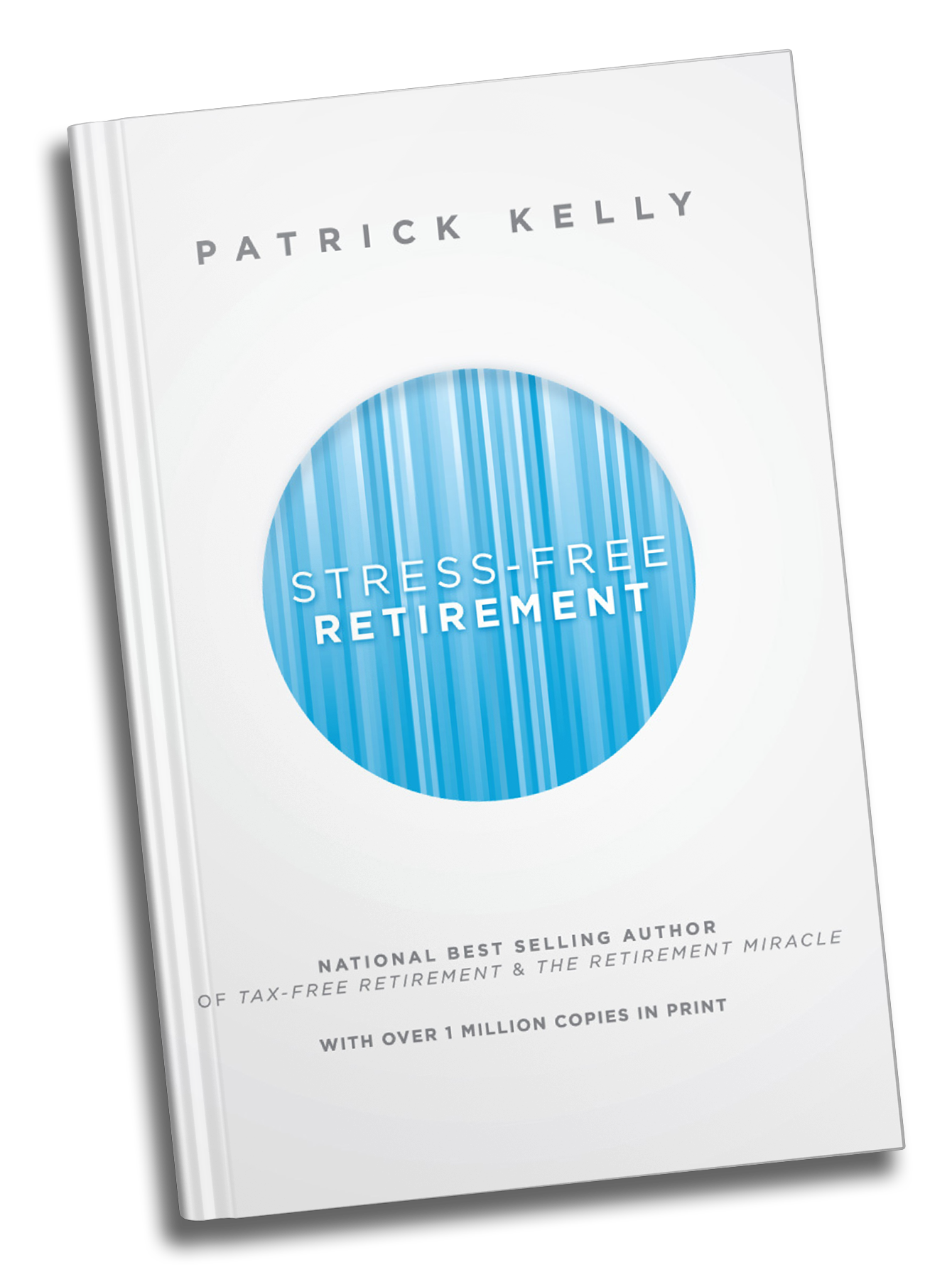
Many of us look forward to retirement as the reward for a lifetime of hard work. However, many retirees are caught off guard by the simple facts of their new life in retirement. Here are three things you should know about before you leave the working world for good.
First is that required minimum distributions can seriously raise your costs. Once you reach age 70 ½, you’re typically required to take money out of your traditional IRA and your traditional 401(k) plan each year. While those distributions start relatively small, they increase as a percentage of your account balance each year after that until you reach age 115. Withdrawals from these account types are treated as taxable income, which means you’ll owe income tax on the amount distributed. And, this increase in your taxable income may exposure your Social Security benefits to taxation as well.
Second, you’ll want to learn more about Medicare premiums as they can eat up your Social Security increase. Most retirees are relieved to find out that their Social Security benefit can receive an inflation adjustment every year to help keep pace with rising costs. What few realize, however, is that rising Medicare Part B premiums may wind up chewing through most, if not all, of that entire increase. But, thanks to the “hold harmless” provision, hikes in Medicare Part B premiums can eat up all, but not more than the increase in a recipient’s Social Security check.
While everyone seems to understand that the markets fluctuate, the third thing you should know is that it gets substantially harder to wait out a bad market once you retire. While you’re working and adding money to your retirement accounts, your salary covers your costs of living. Therefore, it is much easier for you to power through a nasty bear market and wait for the ensuing recovery. So, while you’re still working, you can look forward to bear markets as an opportunity to buy great companies’ stocks on sale. But, once you retire and start pulling money from your portfolio to cover your costs of living, a down market takes on an entirely different meaning. If you need to sell stocks to pay your bills, a market slump may leave you with no choice but to sell at a low point and rapidly deplete your retirement assets. That’s why you should structure your retirement finances so that you have at least a five-year buffer of bonds and cash to see you through bad spells.
In the end, whether you’re in retirement or working toward it, our team of experts can help you understand what needs to be on the top of your financial “to do” list this month. There’s still some time in our calendars for a last minute, end of year review. What does your ideal retirement look like? Click HERE to and request your complimentary, no obligation review and we’ll help you to understand some of the things facing you in retirement that you may not know about already.



